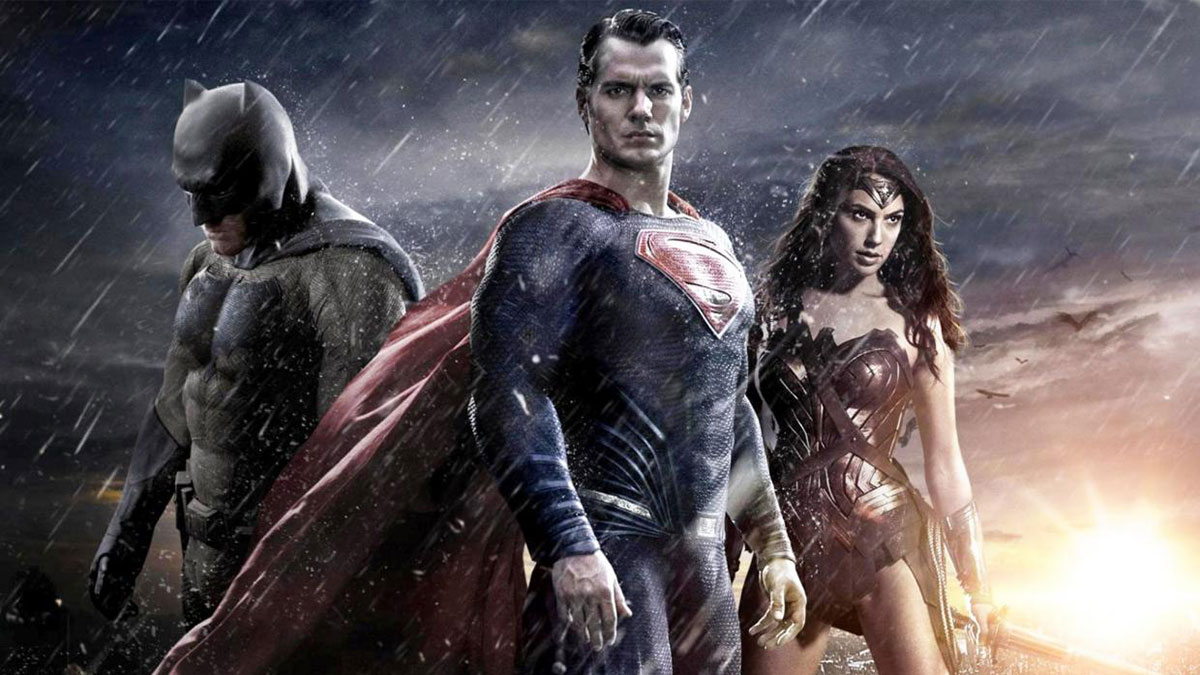We need to talk about superheroes
 Supplied
Supplied*Major Spoilers for Captain America: Civil War, Batman v. Superman, and X-men: Apocalypse*
I never thought I’d be sick of comic book movies. But sitting for five minutes after finishing the most recent superhero film, Suicide Squad, I had come to terms with the current state of the genre. It’s not that these movies are good or bad, they’re just okay and we’ve accepted it.
Since May 2015, eight superhero movies have been released, including Marvel Studios’ Avengers: Age of Ultron and Antman and DC’s Batman v. Superman (BvS) and Suicide Squad. Most recently, DC and Fox’s films have faced lackluster (to damning) critical and audience reviews and modest box office returns, considering their large budgets; BvS couldn’t break the $1 billion milestone at the box office and X-men: Apocalypse made less than its predecessor, Days of Future Past. This doesn’t seem to be deterring studios however, as DC has superhero films slated through 2020 and Marvel’s schedule looks similarly crowded. Some actors and producers have even gone on to make comments that there is no end in sight for the genre, and they seem to have a point.
With the exception of the “hard R,” near-genre-parody, Deadpool (released earlier this year), most modern superhero movies have serious problems — and the biggest of them all lies in the way they’re being made. These movies consistently follow the same plot beats: the world is safe because of our hero(es), a villain vaguely threatens the world’s safety, said hero(es) destroy a city and defeat the villain, and the film ends with the world once again safe and content with our hero(es). DC, Fox and Marvel Studios have all over-utilized this formula. By cutting away character development, succinct storytelling and meaningful stakes in favour of empty action sequences, useless quips, universe building and one-off villains who pose no real threat, nothing in these movies is permanent. Few moments end up holding weight and essentially nothing in the movies hold any significance. Superman is killed in the third act of BvS but is revealed to be alive by the end, Magneto kills thousands of people while empowered by Apocalypse and Professor X lets him go with a smile, and in Civil War, Captain America nearly kills Iron Man but later sends him a “call me if you need me” message.
With the three prior examples in mind, you might expect critics to grant similar grading to the film’s qualities but when you look at each of their Metacritic aggregate scores, BvS scored a dismal 44 (out of a possible 100), X-Men: Apocalypse a 52, and Civil War a 75. Despite having similar issues, the differences in the scores prompts the question, why is Marvel getting away with mediocre filmmaking when the others studios’ films are being panned?
While diehard fan boys of the DC and Fox franchises may argue it’s because of Marvel buying reviews or because critics are conspiring against other studios’ films, I feel the answer is much worse: Marvel simply set the standard. Marvel has been competently making movies that are at best “passionately okay” (to steal a term from the YouTube channel Cinefix), but because they popularized the formula, critics and audiences have become accustomed to it, and are consequently more accepting towards it. Antman, for example, is practically identical to Iron Man in its story and tone but was released to rave reviews. Furthermore, while Marvel had something great with Tony Stark and Iron Man in 2008, the reality today is their movies have lost what makes their characters special by having them begin and end in the exact same spot (more or less) and constantly abandoning drama for laughs. In Antman, Paul Rudd’s Scott Lang is a noble thief in the beginning of the movie and by the end, he’s still a noble thief, but one who can shrink down to an ant’s size. And in Civil War, the characters lose all emotion and dramatic tension because of the constant need to insert witty banter into their scenes.
I don’t believe in seeing a movie with your brain turned off. Films can and should be so much more than mindless distractions. Superhero movies themselves have the potential to be truly amazing films with great characters and relevant stakes, just look at the masterful works of Christopher Nolan, Sam Raimi, and Matthew Vaughn. I guess, ultimately what I’m trying to say is, I miss the days when a superhero movie was something special and adventurous, and not repetitive and common.




